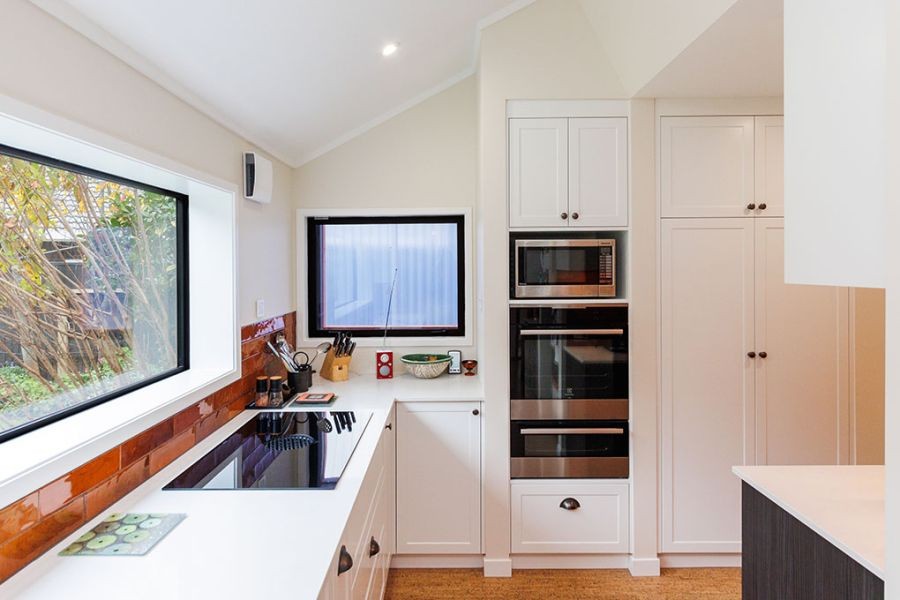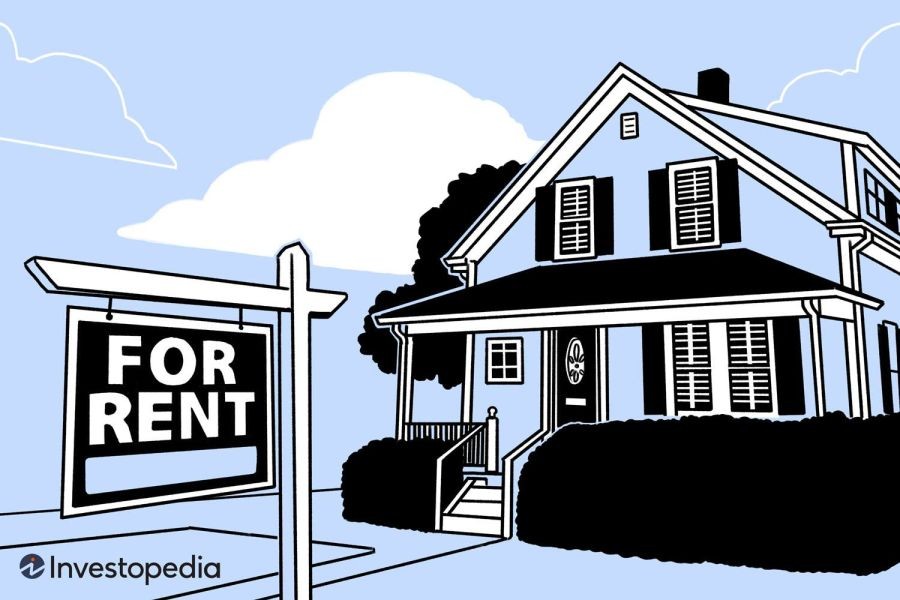Renovating a home in New Zealand is often seen as an exciting opportunity to breathe new life into a property, increase its value, and tailor it to your specific needs. However, the path to a dream home is fraught with misconceptions that can lead to costly mistakes. As the housing market continues to evolve, fueled by economic shifts and policy changes, understanding these myths within the Kiwi context is crucial. This article delves into common renovation myths, providing insights backed by data and expert analysis to help you navigate your renovation journey wisely.
Understanding the New Zealand Context
In recent years, New Zealand's housing market has experienced significant fluctuations. According to Stats NZ, property prices surged by 27% from 2020 to 2024, exacerbating affordability issues. The Reserve Bank of NZ has implemented monetary policies to stabilize the market, yet the demand for renovations remains high as homeowners seek to maximize property value and functionality. Within this dynamic environment, misconceptions about home renovations can lead to financial pitfalls, making it essential to separate fact from fiction.
6 Common Home Renovation Myths
Myth 1: DIY Is Always Cheaper
Reality: While DIY projects may seem cost-effective, they often lead to unexpected expenses due to lack of expertise, mistakes, or extended timelines. A study by Consumer NZ found that 65% of DIY renovators exceeded their budget, primarily due to unforeseen complications and the need to hire professionals to rectify errors.
Myth 2: Renovations Will Instantly Increase Home Value
Reality: Not all renovations yield a high return on investment. The type of renovation, location, and current market conditions play significant roles. For example, kitchen and bathroom upgrades typically provide higher returns, but excessive customization can deter potential buyers. An IBISWorld report highlights that only 70% of renovations result in a value increase that exceeds the project's cost.
Myth 3: Permits Are Unnecessary for Small Projects
Reality: Even minor renovations may require permits, depending on local regulations. Failing to obtain the necessary permits can lead to fines, halted projects, or complications during the sale of the property. The Ministry of Business, Innovation and Employment (MBIE) advises homeowners to consult with local councils before commencing any work.
Myth 4: Following Trends Guarantees Success
Reality: While trendy designs can enhance a home’s appeal, overly trendy renovations may quickly become outdated and reduce long-term value. A balance between timeless design and modern touches is advisable. The NZ Property Investors’ Federation suggests focusing on quality materials and craftsmanship over fleeting design trends.
Myth 5: Renovations Are Stress-Free with the Right Contractor
Reality: Even with a skilled contractor, renovations can be stressful due to unexpected issues, communication gaps, or project delays. Clear contracts, regular updates, and realistic expectations are vital to mitigate stress. According to a survey by the Registered Master Builders Association, 80% of renovation projects face some form of delay.
Myth 6: All Renovation Costs Are Recoverable
Reality: Not all renovation costs translate into increased property value. Understanding which upgrades add genuine value is crucial. The Reserve Bank of NZ advises homeowners to focus on energy-efficient improvements, which are increasingly attractive to buyers and may be eligible for government incentives.
Case Study: A Real-World Example
Case Study: The Wellington Kitchen Overhaul
Problem: A Wellington homeowner sought to renovate their outdated kitchen, aiming to increase the home's value. However, they believed that all renovation costs would be recoverable upon sale.
Action: The homeowner invested $50,000 in high-end appliances and luxury finishes, assuming these features would attract buyers and justify a higher asking price. They consulted with a local real estate agent to align the renovation with market preferences.
Result: Upon selling the property, the homeowner realized only a $30,000 increase in the home's value, resulting in a net loss on the renovation investment. The real estate market at the time favored energy-efficient upgrades over luxury aesthetics.
Takeaway: This case underscores the importance of aligning renovation projects with market trends and focusing on sustainable improvements. New Zealand homeowners should consult with real estate professionals to tailor renovations that meet buyer demand and maximize return on investment.
Balancing Pros and Cons: A Closer Look
Pros of Renovating
- Increased Comfort and Functionality: Renovations can transform a home's livability, catering to specific family needs.
- Potential Value Increase: Strategic upgrades can boost property value, particularly in high-demand areas.
- Energy Efficiency: Modernizing with energy-efficient solutions can reduce utility costs and appeal to eco-conscious buyers.
Cons of Renovating
- High Costs: Renovations often exceed initial budgets due to unexpected issues or material price increases.
- Time-Consuming: Projects can experience delays, disrupting daily life and extending completion timelines.
- Market Volatility: Property values fluctuate, meaning renovations may not yield immediate financial benefits.
Future Trends in New Zealand Renovations
Looking ahead, the New Zealand renovation scene is poised for change, driven by sustainability and technology. By 2028, it's predicted that 40% of all renovations will incorporate smart home technology, enhancing energy efficiency and convenience. Additionally, government incentives for sustainable building practices are expected to grow, encouraging homeowners to adopt green renovations. These trends indicate a shift towards environmentally responsible and technologically advanced homes, aligning with global movements in sustainable living.
Conclusion: Navigating the Renovation Landscape
Renovating a home in New Zealand offers exciting possibilities, but it's essential to navigate the process with a clear understanding of common myths and market conditions. With informed decisions and strategic planning, homeowners can avoid costly mistakes and enhance both their property and lifestyle. As you embark on your renovation journey, consider consulting experts, staying updated on market trends, and focusing on sustainable improvements to maximize your investment.
What renovation myths surprised you the most? Share your thoughts and experiences in the comments below!
People Also Ask
- How do renovations impact property value in New Zealand?Strategic renovations can enhance property value, especially in high-demand areas. However, not all renovations yield a return on investment, and market conditions play a crucial role (Source: IBISWorld).
- What are common pitfalls of renovating in New Zealand?Common pitfalls include underestimating costs, not obtaining necessary permits, and following fleeting design trends. Consulting with experts and thorough planning can mitigate these risks (Source: MBIE).
- What are the best strategies for a successful renovation?Engage with professionals early, focus on energy-efficient upgrades, and align projects with market trends for the best outcomes. Regular updates and clear contracts are also essential for smooth execution.
Related Search Queries
- Home renovation tips NZ
- DIY renovation mistakes
- Best renovation contractors in New Zealand
- Cost-effective home upgrades NZ
- Sustainable renovations NZ
- Energy-efficient home improvements
- Renovation permits NZ
- Real estate market trends 2025
- Smart home technology NZ
- Green building incentives New Zealand































